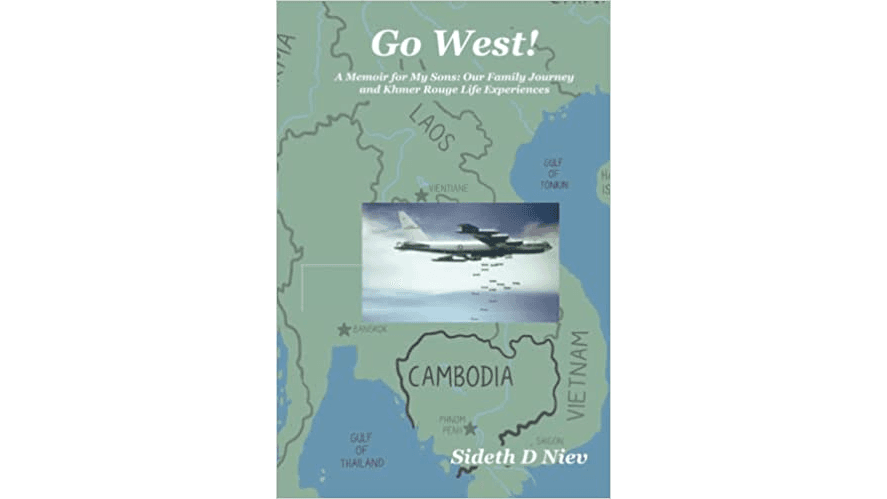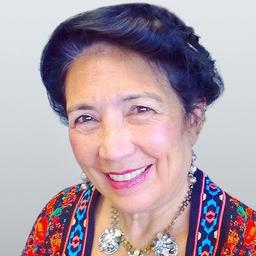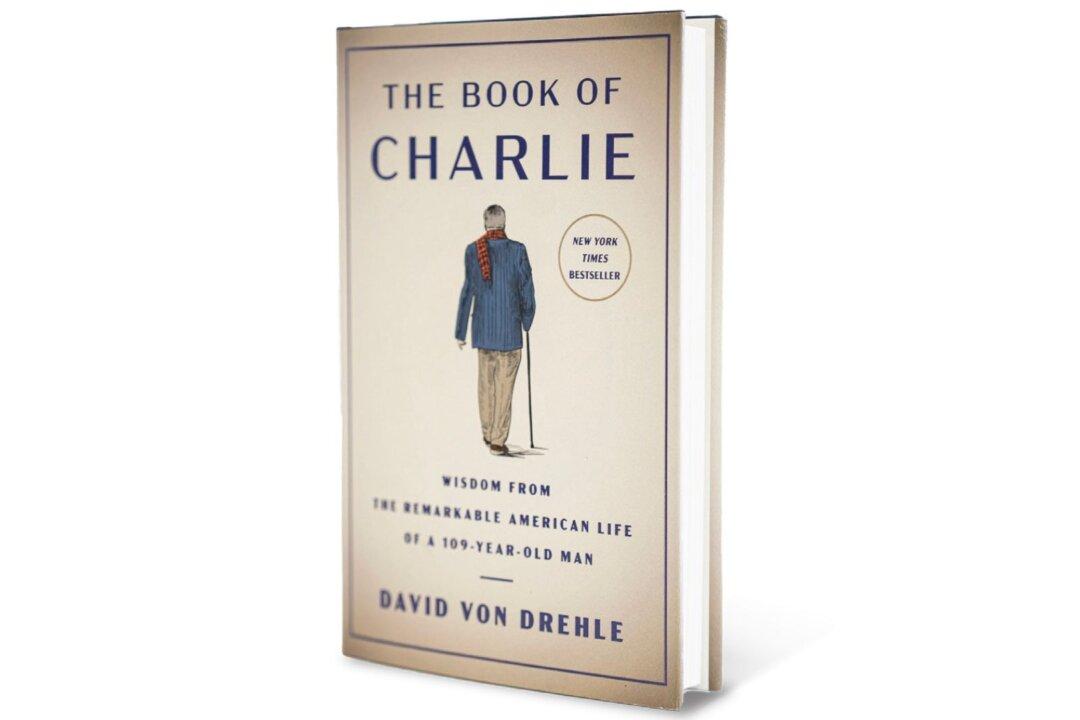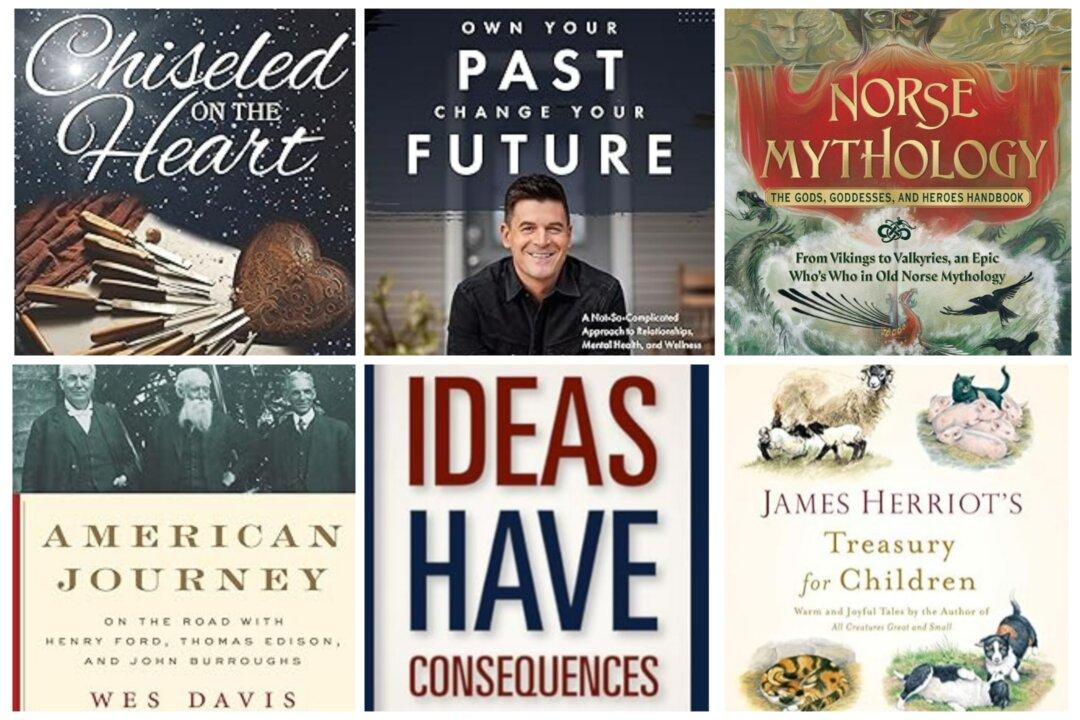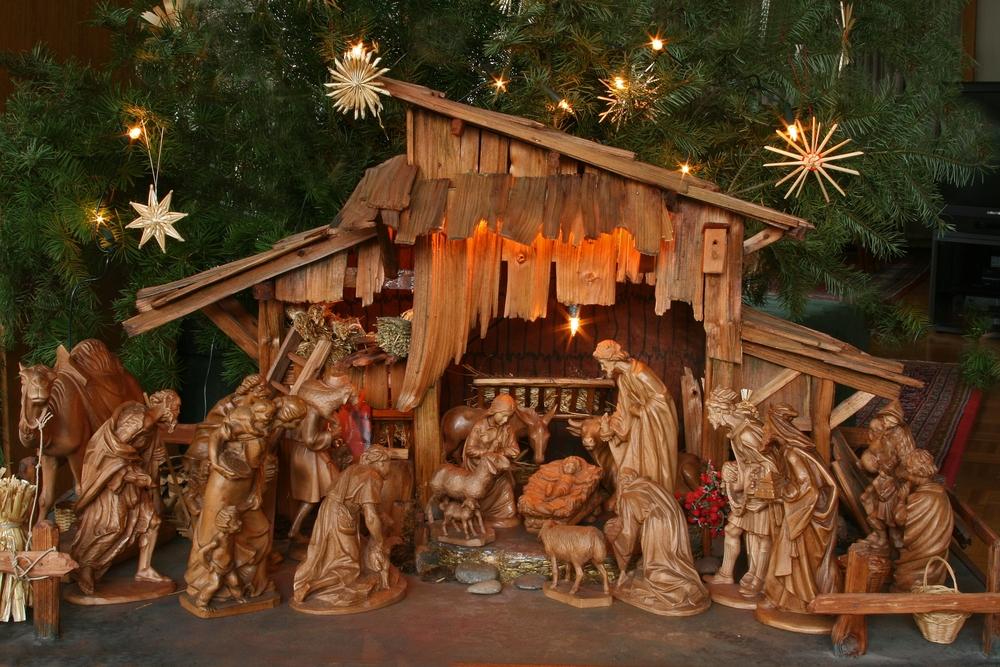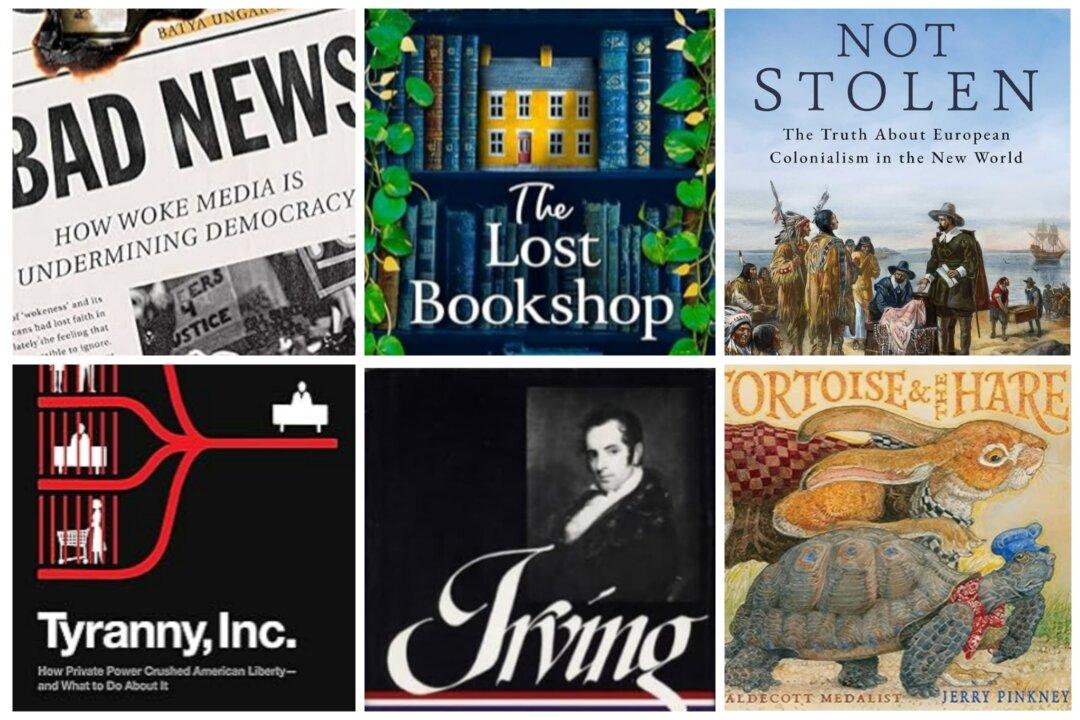The years following the communist Khmer Rouge takeover in April 1975 were dark ones for Cambodia. It was a cruel regime. Many were killed, died from disease, or were separated from their families. An estimated 160,000 Cambodian refugees made the perilous decision to leave their homeland and seek a new life in the United States; others went elsewhere, perhaps in France, West Germany, or Australia—distances unheard of in their former village lifestyle.
“Go West! A Memoir for My Sons: Our Family Journey and Khmer Rouge Life Experiences” tells the story of one family’s struggle to reach, for them, the promised land: America. Ultimately, six siblings from the original nine family members found themselves in Minnesota. This is their story.

